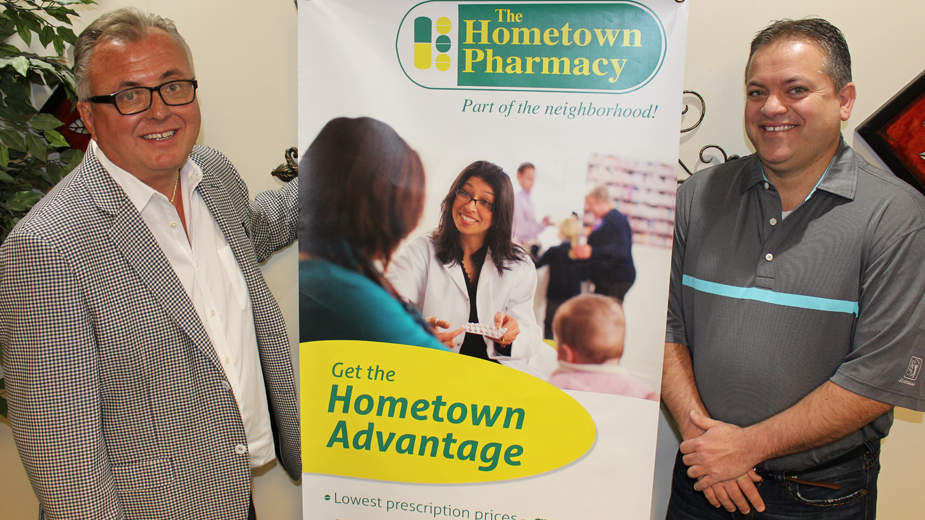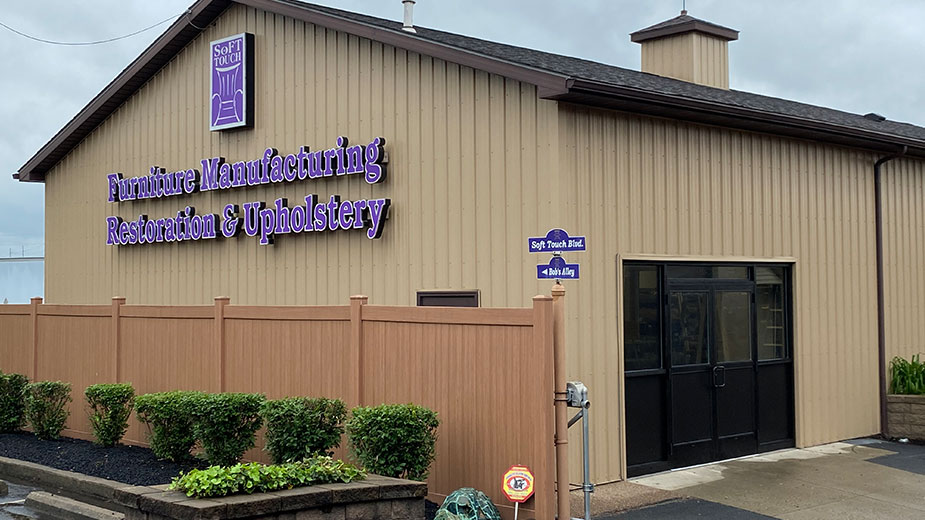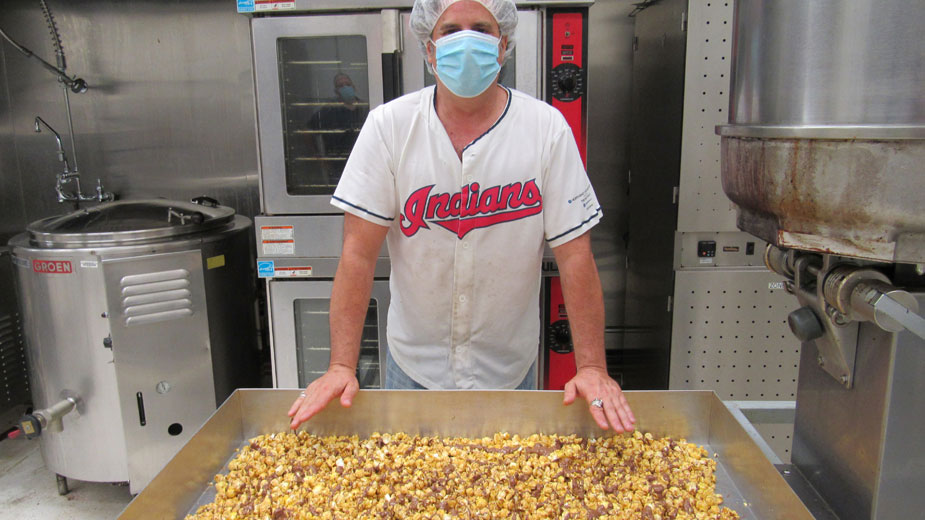Hometown Pharmacy Solutions Keeps It Local
YOUNGSTOWN, Ohio — It will be 20 years this June since Wanda Mrozek left her job at a big-box pharmacy to open The Hometown Pharmacy inside Joseph’s Marketplace at 2716 Mercer Road in New Castle, Pa.
The first store took a $26,000 investment, recalls her husband, Garry Mrozek, CEO of Hometown Pharmacy Solutions.
And while it was the 27th pharmacy in the New Castle area, he says it enjoyed success in its first year because of the relationships Wanda fostered during her time with the big-box pharmacy.
“My wife had a great following,” Mrozek says. “Every customer came to Wanda.”
After the downtown New Castle Rite Aid closed, The Hometown Pharmacy became the No. 1 pharmacy in the area “in a matter of two years,” he says.
When Wanda’s brother, Bob Ekiert joined her in 2000 – bringing with him 70% of his customers from a big-box pharmacy – the company opened its second pharmacy in Cornersburg.
Today, Hometown Pharmacy Solutions employs 160 at 16 sites in Ohio and Pennsylvania in small towns such as Grove City and Harmony, Pa., as well as Youngstown and Girard.
Hometown managed its growth from a community perspective, says Mrozek, who joined the company eight years ago. While it had opportunities to buy pharmacies in Indiana and North Carolina, the company wanted to stick to the existing footprint, he says.
“We like the small towns and we’re not afraid to go up against the bigger competition,” Garry Mrozek says.
To compete with big-box pharmacies, Hometown offers 15-minute turnaround on prescriptions, develops a rapport with customers and advises them of any possible drug interactions, Mrozek says. To maintain annual growth, he doesn’t count on sales of generic drugs, which saw a “dramatic dip” in prices in recent years, he says.
To remain profitable, the company keeps an eye on its prescription counts, how it buys drugs and looks for additional ways to generate revenue, he says.And to drive growth in the years to come, Hometown is changing its business model to promote adherence to healthful lifestyles and challenging customers to stay healthy, he says.
“The days of just providing prescriptions are in the rearview mirror,” Mrozek says. “I can see the model change over the next 10 years to where instead of being paid for that prescription, we’re paid to keep people well. That’s where it’s going; it’s already starting.”
Hometown recently hired a manager for its medication-therapy management, or MTM, pharmacists, says Ekiert, company president.
MTM pharmacists call patients and keep up with them or answer questions and offer advice “to keep them healthy, to keep them adherent and out of the hospital,” he says. Hometown is also employing specialty packaging.
“If you have an elder that is forgetting to take their meds, we bubble-pack it and it tells you if you can take it in the morning, afternoon, bedtime [or] evening,” Ekiert says.
The biggest challenge facing Hometown Pharmacy is Medicaid and Medicare-D reimbursements, Ekiert continues.
While pharmacies receive 75-cent reimbursements on a Medicaid prescription, pharmacy-benefits managers, or PBMs, receive $10 or more, he says.
“We have these so-called ‘middle men’ that are grabbing all the profits,” he says. “The middle man owns the pharmacy. They own the insurance company and they’re the middle mantaking everything in between.”
As a result, an average of four independent pharmacies close weekly, he contends. Ekiert is actively involved in lobbying to push some bills through at the state level in Ohio and Pennsylvania to remove the PBMs from the equation, he says.
Some states already have, he says, and Ohio and Pennsylvania are “on the right track,” with upcoming votes in both legislatures. “If it doesn’t pass, independent pharmacies are not going to be around much longer,” Ekiert warns.
CLICK HERE for a 3 Minutes With interview with Garry Mrozek and Bob Ekiert.
Pictured: Hometown Pharmacy has 16 sites in small towns in Ohio and Pennsylvania, says CEO Garry Mrozek. Bob Ekiert, president, is actively involved in lobbying state legislators to make changes in Medicaid and Medicare reimbursements.
Copyright 2024 The Business Journal, Youngstown, Ohio.



